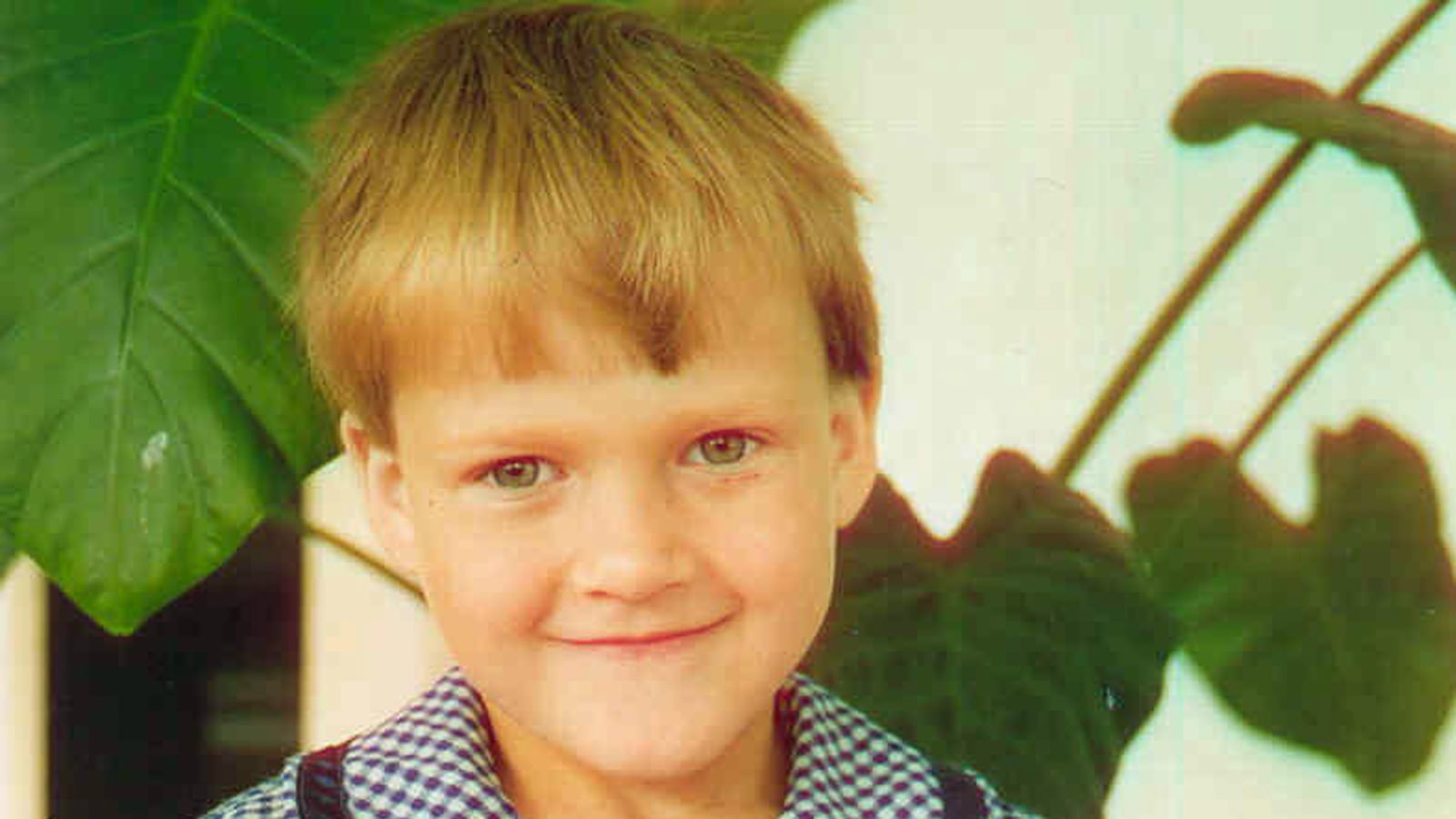Inside a tiny orphanage in western Siberia, Rob and Terry Mennie signed papers pledging to adopt a 7-year-old girl they had just met for the first time. Seeing the girl on a website months earlier, they thought she was the one. Meeting her in person, they were positive.

But the way that Russian laws worked in 2004, the Maryland couple couldn’t take her home. They walked away from the sterile, 100-bed home in “the middle of nowhere” not knowing if they’d ever see the girl again. Irina would continue her regimen of two meals a day: cabbage soup, bread, and water for breakfast; fish “with bones” for dinner, for another four months.
“That was tough,” says Rob Mennie, a Gannett Co. television executive. “Leaving her there was really, really tough.”
Mennie understands the heartbreak that 46 American families in the middle of adopting Russian children are feeling now that President Vladimir Putin has signed a law banning U.S. citizens from adopting children in his country. The move is widely seen as retaliation for a law President Obama signed on Dec. 14, which imposed U.S. travel and financial restrictions on Russians who violate human rights.
“I feel so horrible for families who have met the child and can’t do it,” Mennie told me.
Thousands of innocent children whose biggest treat is a piece of fruit at Christmas, who have never played in a schoolyard, don’t own their own clothes, aren’t told “I love you,” can’t read or write, will now be better off because one man is pissed over a perceived slight by the U.S.?
Putin is placing innocent children in the political crossfire, and the Russian government collectively shrugs. How can this be OK? It is, to put it mildly, an international outrage.
While 100,000 or so adoptions take place each year within the U.S., the demand for Russian orphans remains high as American families search for healthy children at an affordable cost.
Although Putin claims the law is to encourage Russian families to adopt orphans, the Obama administration calls it “misguided” to tie the fate of these children to unrelated political considerations. Freedom House, a U.S.-based human rights organization, calls the law an “attack against one of the most vulnerable groups in the Russian society.”
The new policy comes at a time when adoptions of children from other countries are plummeting in the U.S., according to the State Department. Adoptions of Russian children by U.S. families fell from a high of 6,000 in 2004—the year the Mennies adopted Irina—to fewer than a thousand in 2011.
The reasons, according to the AP, include the miserable state of the world’s economy, and crackdowns against baby-selling. (Backers of the Russian bill said American adoptive parents have been abusive, citing 19 deaths of adopted Russian children since the 1990s.)
“This bill hits back at Russia’s most vulnerable children and could deprive them of the loving families they desperately need,” Hugh Williamson, Europe and Central Asia director at Human Rights Watch, told CNN.

No one understands the plight of Russian orphans—and the bureaucratic frustrations involved—more than those who have been through it. Even when adopting Russian babies was legal, the Mennies say, the process was well organized yet frequently maddening.
Mennie and his wife had been talking about adoption, and were looking for a sign to help them decide. Terry was headed to a Cracker Barrel to “think” when a car cut her off. She checked the license plate: “Adopt 4N.” She knew God had spoken to her.
Rob Mennie, a former colleague of mine at Gannett, still wasn’t so sure.
“The Lord may have spoken to you,” he told Terry. “But he hasn’t said anything to me.”
Mennie knew the daunting obstacles they faced. They were already parents to three children, and the process would be time-consuming, and frustrating. Adopting a foreign child requires persistence, diligence, patience, and a reliance on the slow-turning wheels of justice.
“The Russian government made you go through a lot—and rightly so—to be able to adopt.” The couple had to produce letters from pediatricians about the health of their children, FBI background checks, even a letter from their vet saying their dog wasn’t mean.
From beginning to end the process lasted nine months, a timeframe that isn’t lost on Mennie.
The excruciatingly complicated Russian system forced them to be aggressive.
When their background checks went missing, Rob called their congressman, Chris Van Hollen. Hours later the files appeared “on someone’s desk.”
With all of the paperwork filed, the couple returned for a second time to the orphanage in Siberia—Novokurnetsk, to be exact—where it was snowing in October. “The minute I laid eyes on her, wow,” Mennie said. “If there was ever an iota of doubt, it was gone.”
They took the child immediately to a courtroom, where a judge granted the adoption. Afterward, Terry held open her hand and offered Irina some M&Ms. The girl had no idea what they were.
“One taste and her eyes lit up,” Rob said. “She couldn’t move her hand fast enough to get them in her mouth.”

Irina, now 15 and a freshman in high school, and who speaks with a twinge of a Russian accent, says her most vivid memory of Russia is of always being hungry. She remembers thinking about the Mennies after they first left, but never understood the concept of adoption.
The girl wasn’t told anything about the couple’s intentions. All she had in those months between visits was a Polaroid picture of them. She wanted them to come back because she remembered they had fun together, despite the fact that they didn’t speak the same language.
“Even in a good orphanage, it’s not a life any child would want to live,” Mennie says. “Walking out the front door with two complete strangers was a better option than what she’d had.” He remembers being able to wrap his thumb and middle finger around her calf.
There are thousands of girls—and boys—like Irina leading meager existences in places like Siberia. The Moscow regime is denying them a chance; a chance at an extraordinary life with doting parents in a wealthier country.
Irina has the hopes and aspirations of any normal teenager. She goes to the movies, runs track, wants to be a lawyer. And she thinks about someday finding the three brothers she left behind in Russia.
Rob Mennie also thinks back to his final moments at the orphanage. “Once you saw those other kids,” he says, “it made it hard to leave with just one.”






